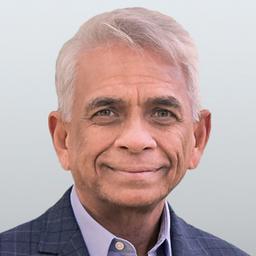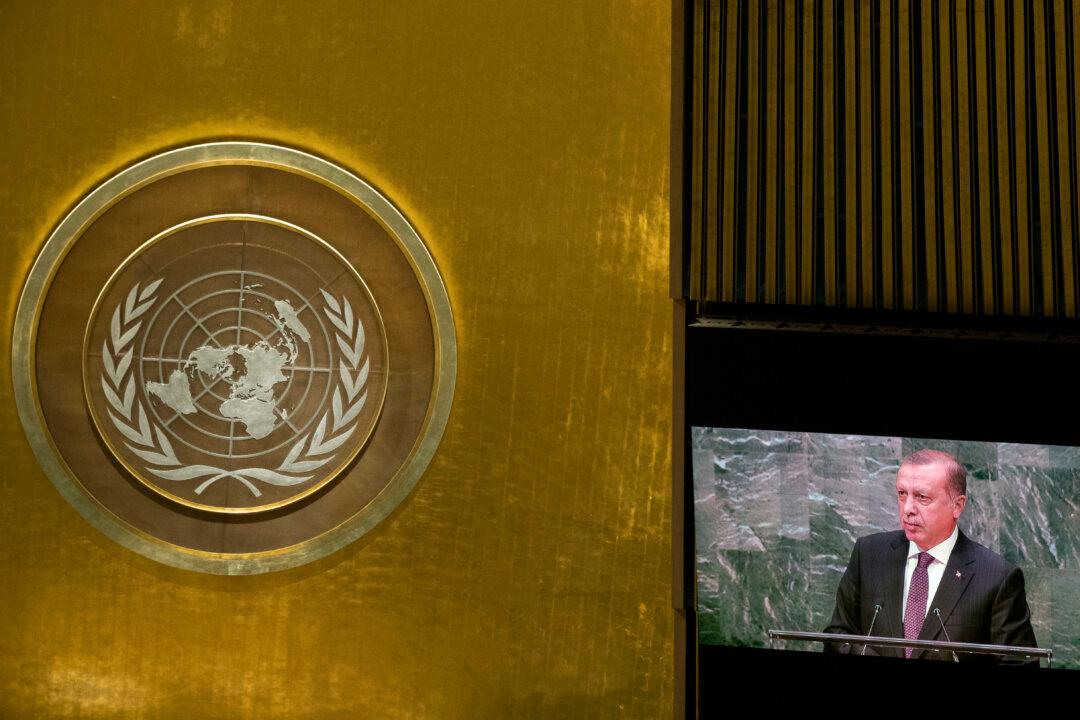Commentary
For non-Americans who, during the years of Donald J. Trump’s presidency, took heart for their own freedom and democracy that was under duress from the encroaching globalist agenda tied to Chinese communism, watching the oath-taking ceremony of Joe Biden as America’s 46th president, which I did as a Canadian, became an exercise in distinguishing between what’s real and what’s fake.


